Speaking at the end of the question-and-answer session before the National Assembly by Minister of Transport Nguyen Van Thang on the morning of June 8, National Assembly Chairman Vuong Dinh Hue proposed to soon bring vehicle inspection activities back to normal.
Ministry of Transport actively receives voters' opinions
National Assembly Chairman Vuong Dinh Hue said that in the question-and-answer session with Minister of Transport Nguyen Van Thang, 112 National Assembly deputies registered, of which 20 National Assembly deputies asked questions and 17 deputies spoke in debate. For deputies who registered but ran out of time, the National Assembly Chairman requested that questions and debate content be sent to Minister Nguyen Van Thang to answer in writing according to regulations.
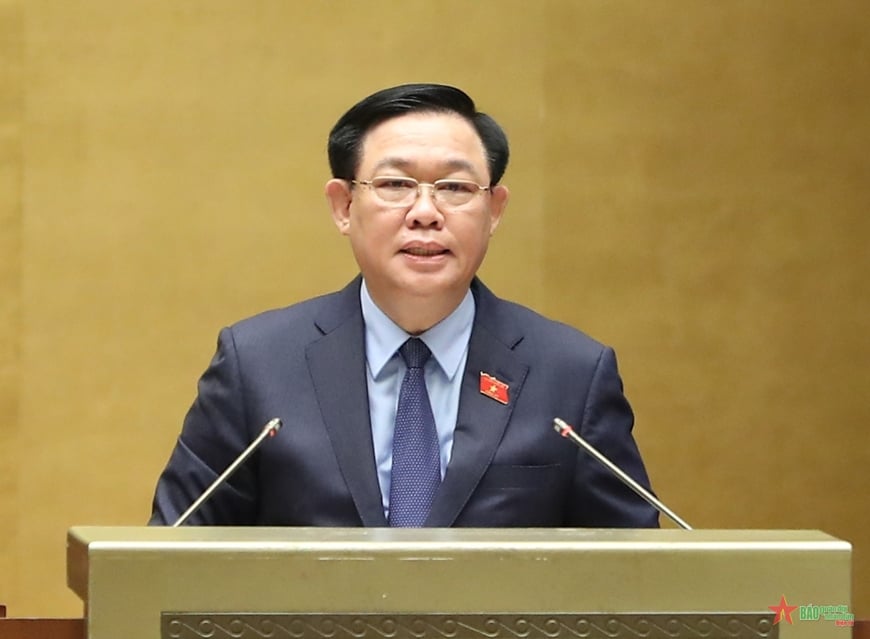 |
National Assembly Chairman Vuong Dinh Hue delivered a speech concluding the question-and-answer session with Minister Nguyen Van Thang. Photo: TUAN HUY |
Summarizing the results of the questioning in this field, the National Assembly Chairman assessed that in recent times, the transport sector and the ministry have upheld a sense of responsibility, made efforts to overcome difficulties, completed a very large and complicated workload, and continued to make many important contributions to the country's socio-economic development.
The Ministry of Transport has completed 4/5 of the national sector planning; actively implemented the Medium-term Public Investment Plan for the period 2021-2025, Resolution 43/2022/QH15 on fiscal and monetary policies to support the socio-economic recovery and development program and resolutions of the National Assembly on important national projects; the Ministry's public investment disbursement results are quite good compared to the general level of the whole country. 566km of Eastern Expressway Phase 1 (2016-2020) has been put into operation and used, and is actively implementing and preparing to start construction of new projects according to the National Assembly's resolution.
The National Assembly Chairman added that the 14th National Assembly had decided on the investment policy for the Eastern Expressway Phase 1 with the goal of completing it in 2020. However, the National Assembly had to make two adjustments (switching from mostly PPP investment to public investment and switching from open bidding to domestic bidding), combined with the severe impact of the Covid-19 pandemic, so it has only been completed now.
The output of all types of transport has recovered and grown impressively after the Covid-19 pandemic. The quality of vehicles, service quality, and the application of information technology in management and service provision have been promoted, increasingly meeting people's travel needs and contributing to saving social costs.
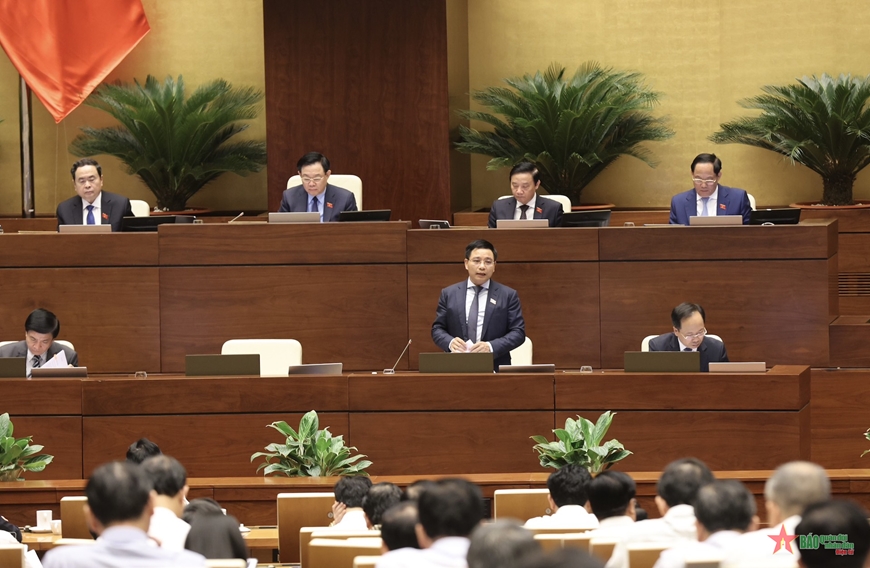 |
Minister of Transport Nguyen Van Thang answers questions before the National Assembly. Photo: TUAN HUY |
Reiterating the Ministry of Transport's promise to complete non-stop toll collection by 2020, the National Assembly Chairman pointed out that the previous term had not yet done so, and only now has it completed non-stop toll collection nationwide.
At the same time, administrative procedure reform has been promoted. Coordination in inspection, examination and handling of violations of traffic safety laws has been strengthened; groups of solutions to ensure traffic safety and order have been implemented synchronously. Traffic accidents continue to decrease every year in all three criteria of number of cases, number of deaths, number of injuries; traffic congestion has been gradually controlled...
In the field of vehicle inspection, the Ministry has actively received opinions and recommendations from voters and people, and has just issued documents amending and supplementing regulations on technical safety inspection and environmental protection of road motor vehicles, promptly handling the recent vehicle inspection stagnation, including allowing automatic extension of the inspection cycle for passenger cars with up to 9 seats that are not used for commercial transportation...
Separating the state management function from the public service provision function
In the coming time, the National Assembly Chairman requested the Ministry of Transport to continue directing and urging the construction of transport infrastructure investment projects, especially important national projects and key industry projects, ensuring progress, quality and efficiency; closely coordinate with localities to promptly remove difficulties and obstacles in site clearance, resettlement, relocation of technical infrastructure, ensuring material sources during project implementation; improve the efficiency of using state budget capital; mobilize maximum non-budgetary resources, flexibly apply investment contracts under the PPP public-private partnership method suitable to the characteristics and advantages of each field.
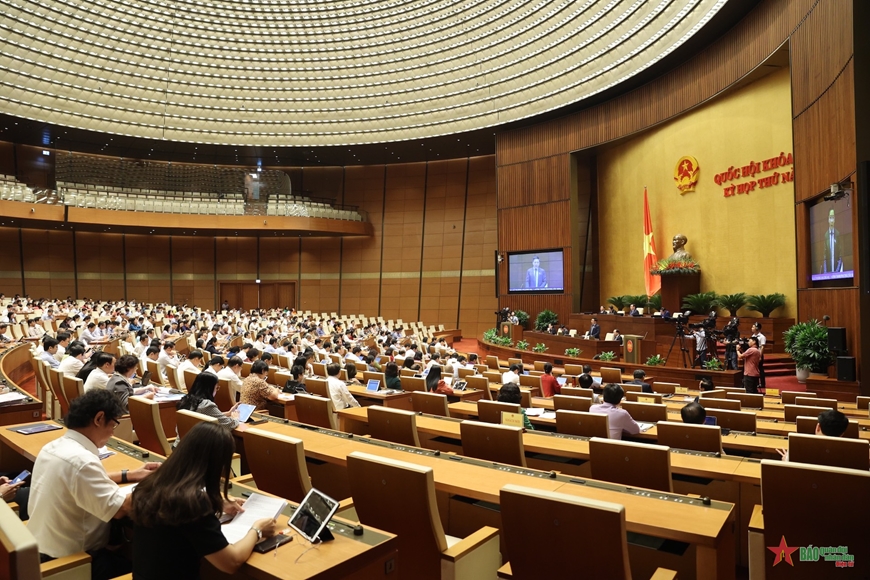 |
| Scene of the National Assembly's question and answer session. Photo: TUAN HUY |
In 2023, the Ministry of Transport must clarify the political basis, legal basis and propose feasible solutions to completely resolve the backlog of BOT projects according to the Conclusion Notice of the National Assembly Standing Committee. Continue to promote administrative procedure reform, shorten investment time and procedures; strengthen the work of preventing and combating corruption, negativity, practicing thrift and combating waste in the field of investment in construction of transport infrastructure. Ensure publicity, transparency, feasibility and efficiency in mobilizing, allocating and using resources in investment in construction of transport infrastructure according to current laws.
Continue restructuring the transport market towards reducing the market share of road transport and increasing the market share of inland waterway and railway transport modes. Develop the logistics industry to reduce logistics costs for businesses and increase the proportion of logistics in GDP. Promote the application of modern science and technology in the design, construction, management and exploitation of transport infrastructure. Speed up the investment progress and develop the urban and inter-provincial public transport system in association with a reasonable roadmap to limit the use of personal motor vehicles in large cities.
Research and deploy solutions for traffic safety and congestion prevention right from the planning stage. Organize traffic scientifically and reasonably; promote the application of information technology in management and operation; continue to effectively implement non-stop toll collection; maintain and repair traffic infrastructure in conjunction with reviewing and thoroughly handling black spots and potential accident spots.
 |
| Guests attending the National Assembly's question and answer session. Photo: TUAN HUY |
Separate the state management function and the public service provision function, first and foremost in the field of vehicle inspection and driver licensing training; strengthen socialization in the field of vehicle inspection service provision, focus on overcoming the stagnation in vehicle inspection activities, thoroughly handle violations and soon bring vehicle inspection activities back to normal; direct the review, timely amendment and supplementation of legal regulations; procedures, standards... in the vehicle inspection field. Strengthen inspection, examination, and prevention of corruption and negativity in state management and public service provision.
Continue to improve legal regulations, apply modern science and technology, and at the same time review and improve training content and methods, standards and conditions on facilities for training facilities to improve the quality of training, testing, and granting of driving licenses, serving the needs of the people well; have a mechanism to strictly control, prevent and combat negative behaviors and corruption, and end the situation of granting driving licenses to people who lack capacity, behavior, or health; research solutions to manage drivers after training.
"National Assembly delegates all expressed their wish that this field would not have the same shortcomings and violations as in the vehicle inspection field, which we find very regrettable, and that many lessons could be learned," said the National Assembly Chairman.
WIN
Source


![[Photo] Prime Minister Pham Minh Chinh chairs the second meeting of the Steering Committee on private economic development.](https://vphoto.vietnam.vn/thumb/1200x675/vietnam/resource/IMAGE/2025/11/01/1762006716873_dsc-9145-jpg.webp)





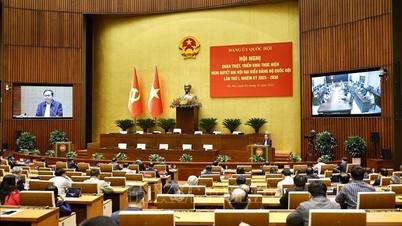

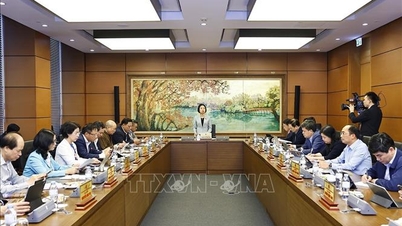
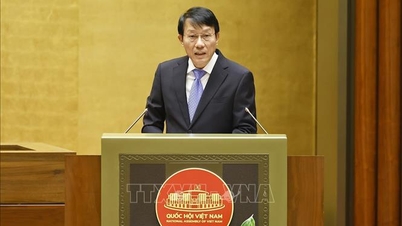
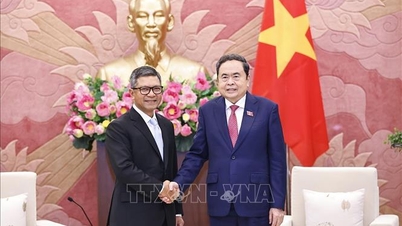
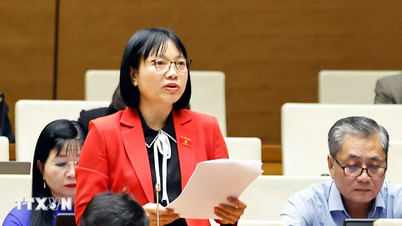

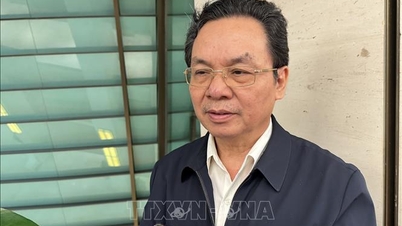
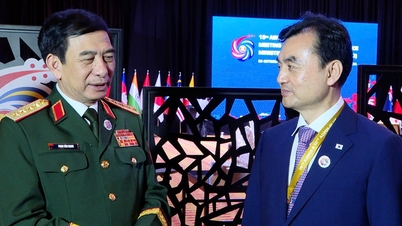

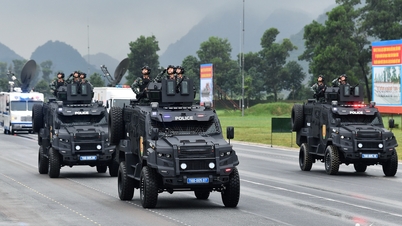

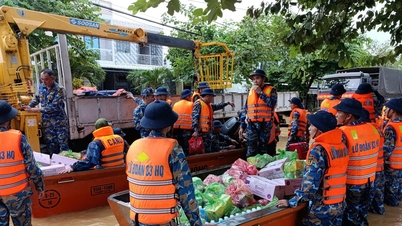
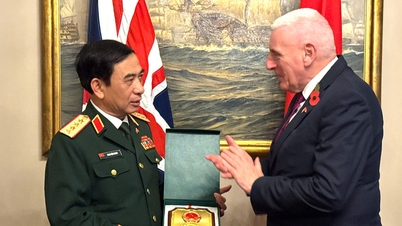
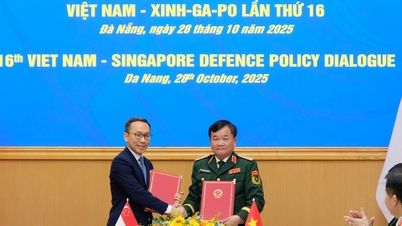
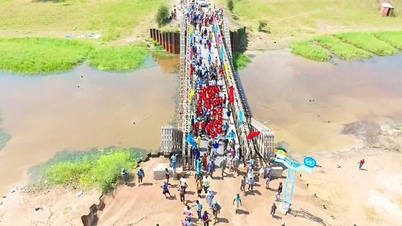




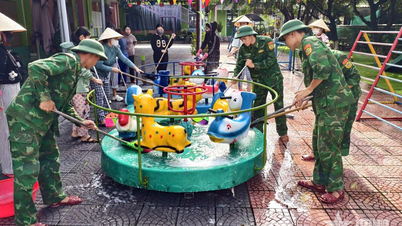

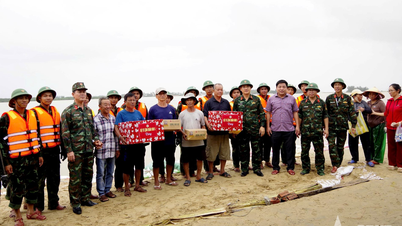
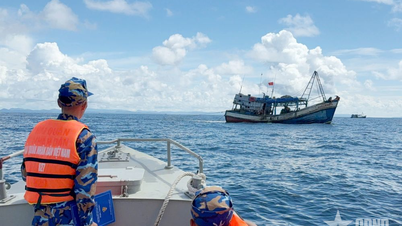
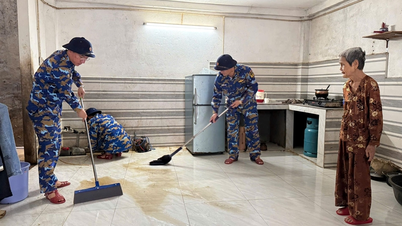
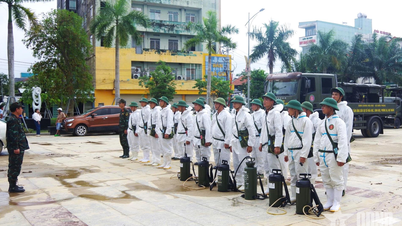








































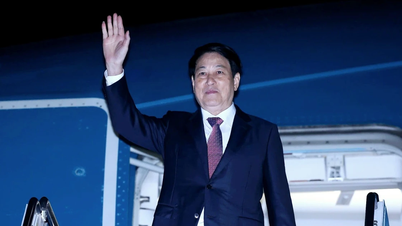


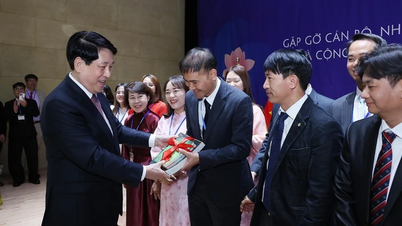
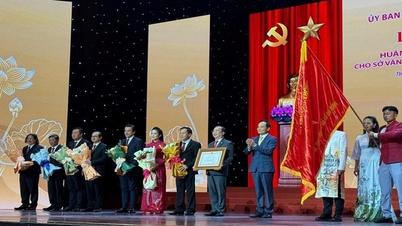
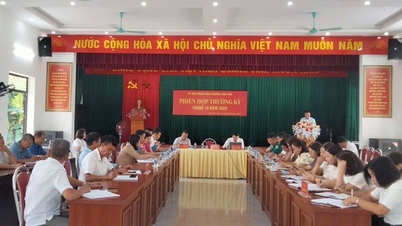
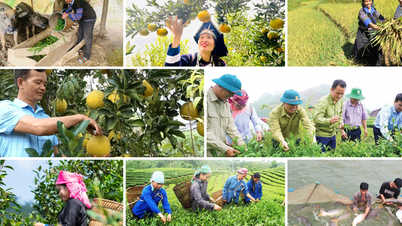
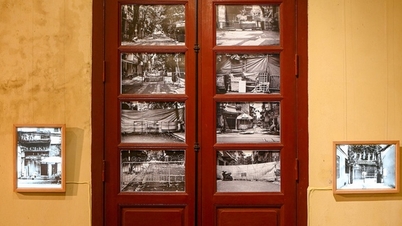


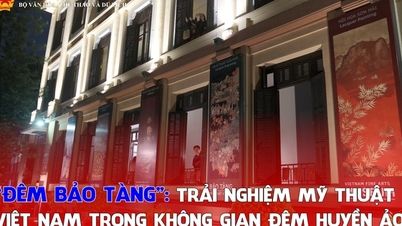
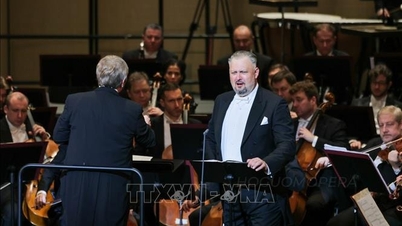



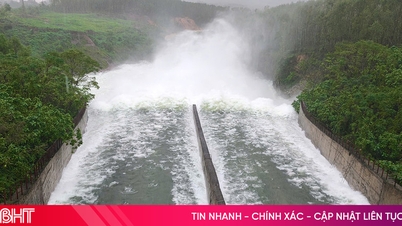

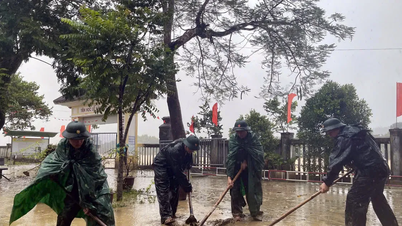

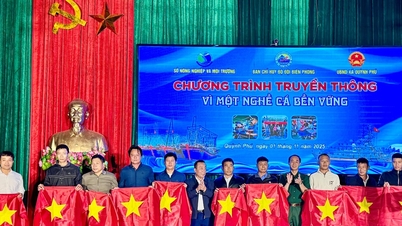
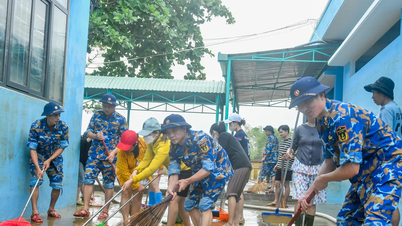
















Comment (0)